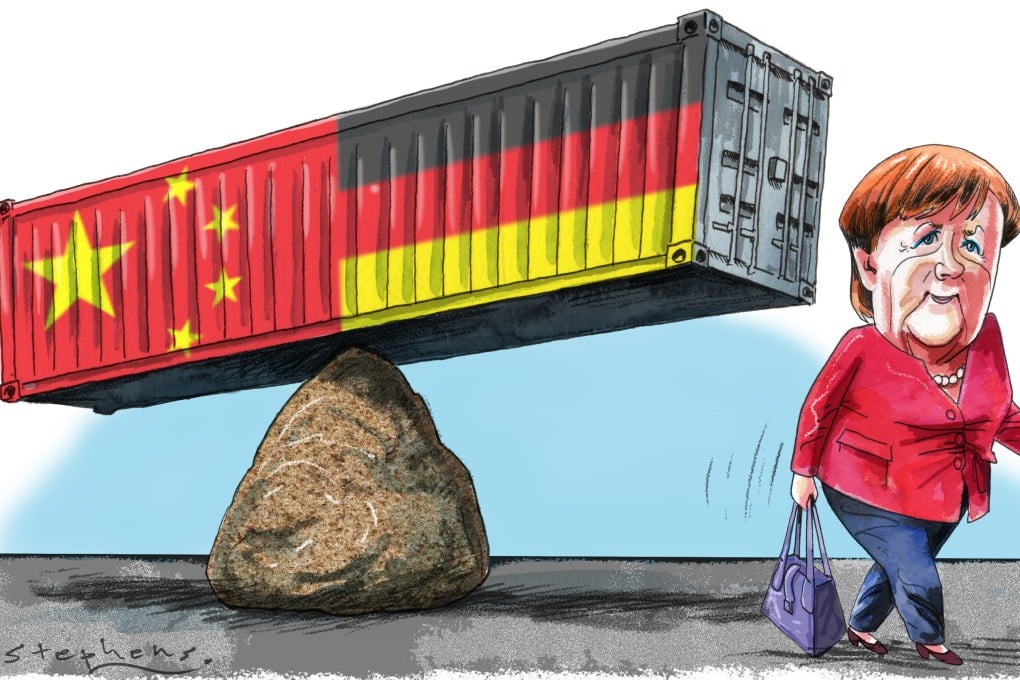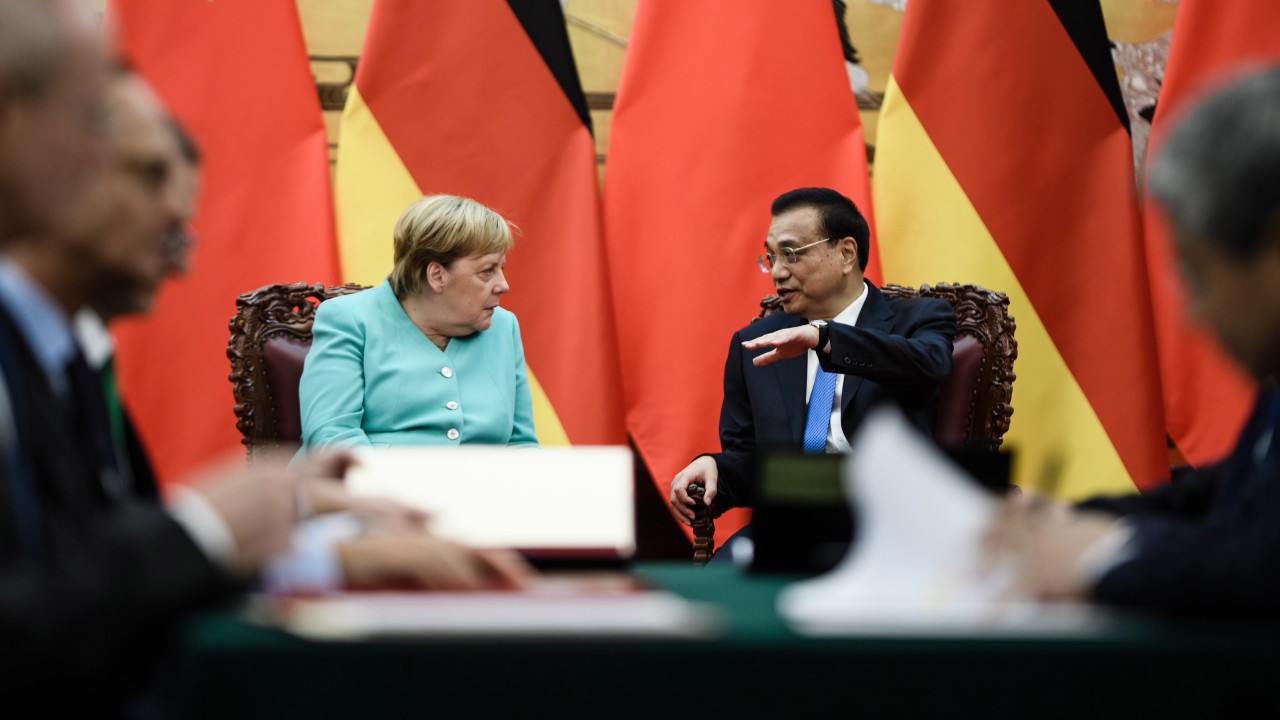Opinion | Why Germany’s China policy is unlikely to change, post Merkel
- The depth of Sino-German trade relations makes a dramatic change in policy on either side unlikely
- An understanding has been reached where Berlin can press Beijing on human rights, without hurting trade relations, while China will also maintain the status quo and not use economic coercion

There have been indications of mounting discontent in Germany at Sino-German relations. In April 2020, a German newspaper made out a US$165 billion bill to be paid by China for the coronavirus pandemic.
But Germany’s broader track record with regard to China suggests that the government’s seemingly more provocative moves are merely face-saving and not indicative of a broader shift in China policy.
Writing for Politico, Matthew Karnitschnig argued that, under Merkel, Germany and China reached a “tacit understanding” whereby Germany will periodically take a stand on human rights, and China will go through the motions of protesting, but neither will fundamentally change course in the interest of pragmatism. This strategy is likely to outlast Merkel’s tenure.


